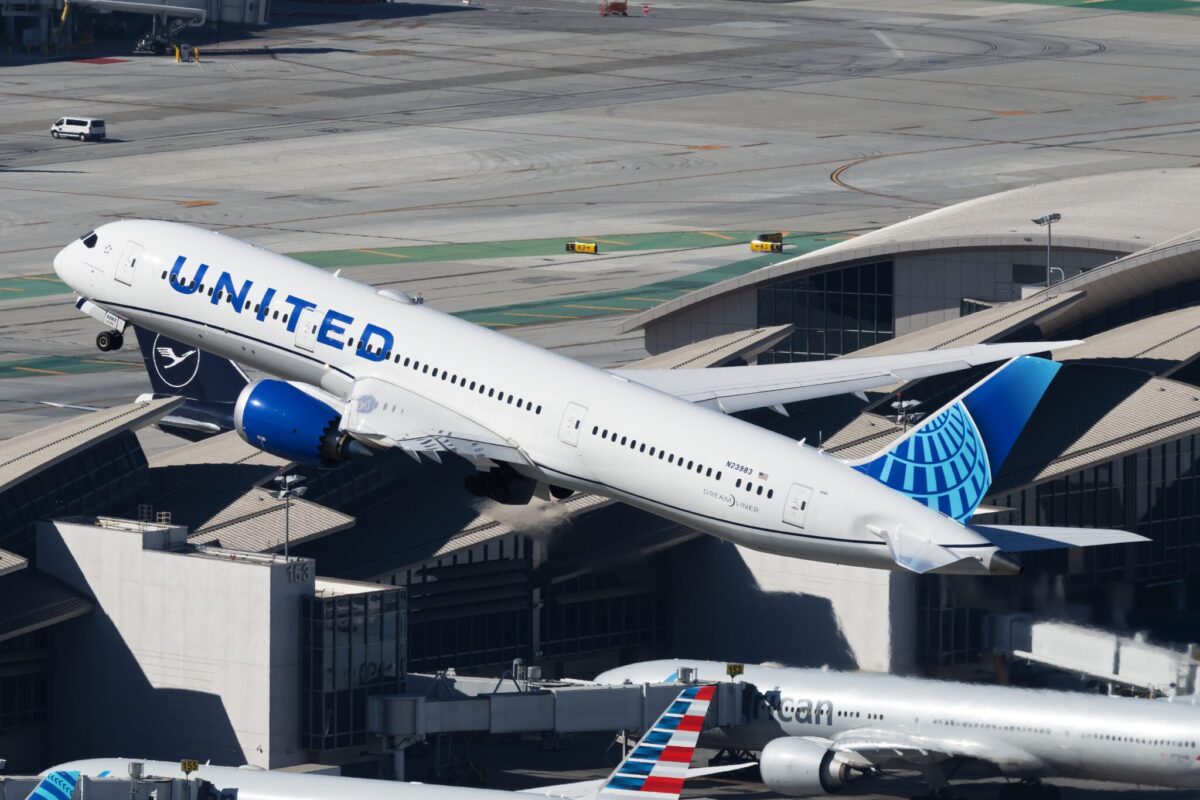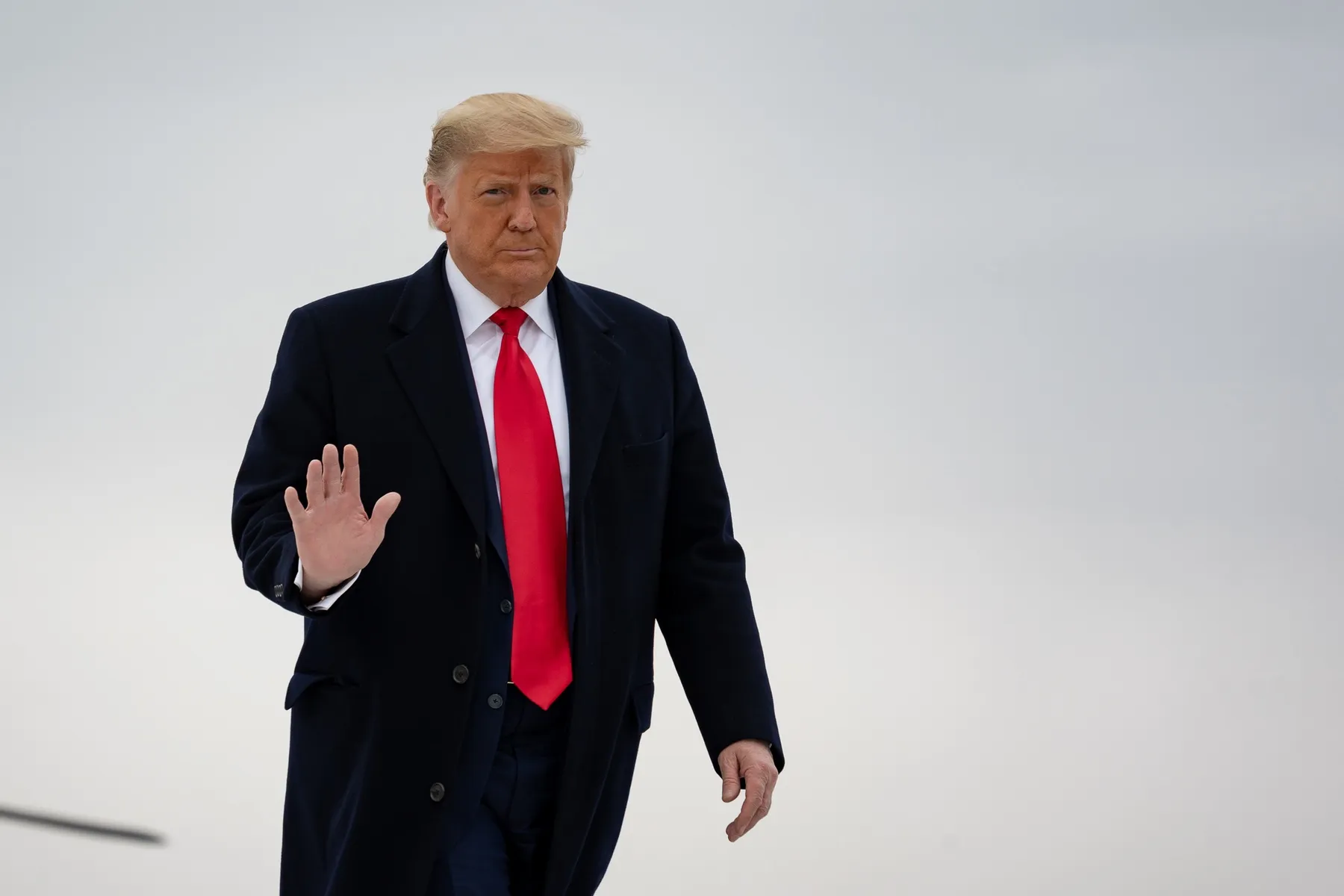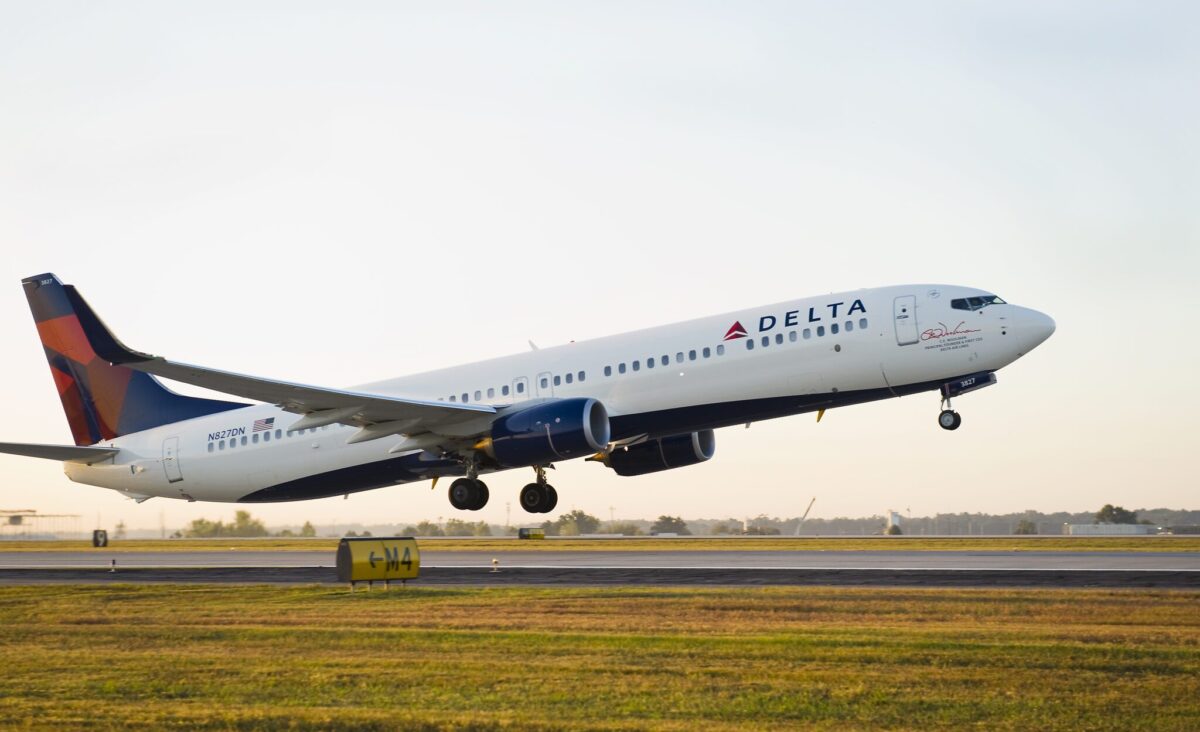Behavioral Rewards Find Niche in Corporate Travel
Skift Take
A few years ago, the promise of gamification was all the rage in corporate travel. As we continue to reflect almost every week and will likely reflect until the heat death of the universe, business travelers simply won't do what they're instructed to when booking a trip. They need a reason besides corporate fealty to do so.
So what if you could turn the travel booking process into a little game, enticing your workers to make the right decisions with points and badges? Well, it didn't work. So a handful of companies emerged that helped companies offer their workers gift cards and other real rewards for doing the right thing. A $100 Amazon gift card, it seems, is more effective at compelling travelers to book a cheaper flight or hotel than a digital badge or imaginary points that represent a pat on the back.
Talking to leaders around the sector, the consensus is that behavioral rewards can be a powerful tool for travel managers, but perhaps not as transformative as boosters had suggested just a few years ago. There is evidence that rewards resonate with business travelers; some research earlier this year from American Express Global Business Travel earlier this year showed that travelers are willing to play ball with systems that reward them.
"Our focus is really on providing tools and solutions for customers to engage with behavioral content regardless of the booking funnel," said Dan Ruch, CEO and founder of Rocketrip. "There's lots of other ways to communicate and engage with travelers, either pre-booking or post-booking... There's a lot of complimentary opportunities for us to work with the TMC community and drive our solution as a compliment to what they do."
Rocketrip, which originally launched as a standalone travel booking platform and pivoted to become a service that ties in with corporate booking tools, raised a $15 million Series C round earlier this year to help it develop its presence in the marketplace. They also named a new chief revenue officer earlier this month, Kathleen Roberge, who previously worked at event technology company Aventri.
As Rocketrip has worked to integrate with corporate booking systems like Concur, BCD Travel, and others, Ruch has seen that part of the issue is communicating the value of a rewards programs to other stakeholders in an organization.
"Travel managers are the administrators of the program, but they're not necessarily the value recipients," said Ruch. "So they think about things like compliance to preferred carriers or policy administration when they think about what matters most to them on a daily basis. Rocketrip or behavioral economics may not be at the top of the list, but it certainly is for other constituents in the value chain."
Other companies have implemented rewards as well, ranging from booking site Upside to upstart travel management company TripActions, to varying degrees of adoption. Different companies have different goals with their travel policies and finance departments, so it can be a challenge to develop a rewards program that works for all stakeholders.
"When we talk to companies, they might have one or two qualms about [elements of behavioral rewards], you know, maybe they don't like the idea of cash or maybe there's some type of compliance behavior that they really want to reward if they've just rolled out an online booking tool and their number one priority is to drive adoption," said Jeff Berk, CEO of Tripkicks, a behavioral reward platform that launched earlier in 2018. "We can get really creative in terms of what behavior was rewarding and also what the rewards are within the platform. So it's definitely an easier conversation and now we're seeing companies kind of warm up to the idea. I wouldn't call it mainstream yet, but I think where we're starting to see the industry has come a long way in the past few years."
The bigger picture, though, shows promise for the role of behavioral modification in various aspects of corporate life. What if, beyond travel booking, companies use technology to reward employees for productive work or behavior that contributes to the growth of corporate culture?
"It doesn't just have to be about cost-reduction," said Ruch. "It can be about any kind of behavior that meets at the intersection of employee interest in productivity and company interest in productivity. The real Rocketrip was never designed to be a travel product, was meant to be a behavioral change platforms. There's a lot of blue sky in terms of what we can achieve once we have the right delivery vehicles to connect with travelers. And that can be on mobile devices, it can be through email, it can be inside a booking tool, there are tons of different ways to do it. It's about creating experiences that matter the most to employees."
The idea of receiving a gift card for keeping your cubicle neat or showing up to meetings on time is slightly Orwellian, but there is some truth to the fact that workers respond to positive feedback instead of orders or threats. As behavioral reward providers move beyond travel, it will be interesting to see if the wider corporate world buys in.




